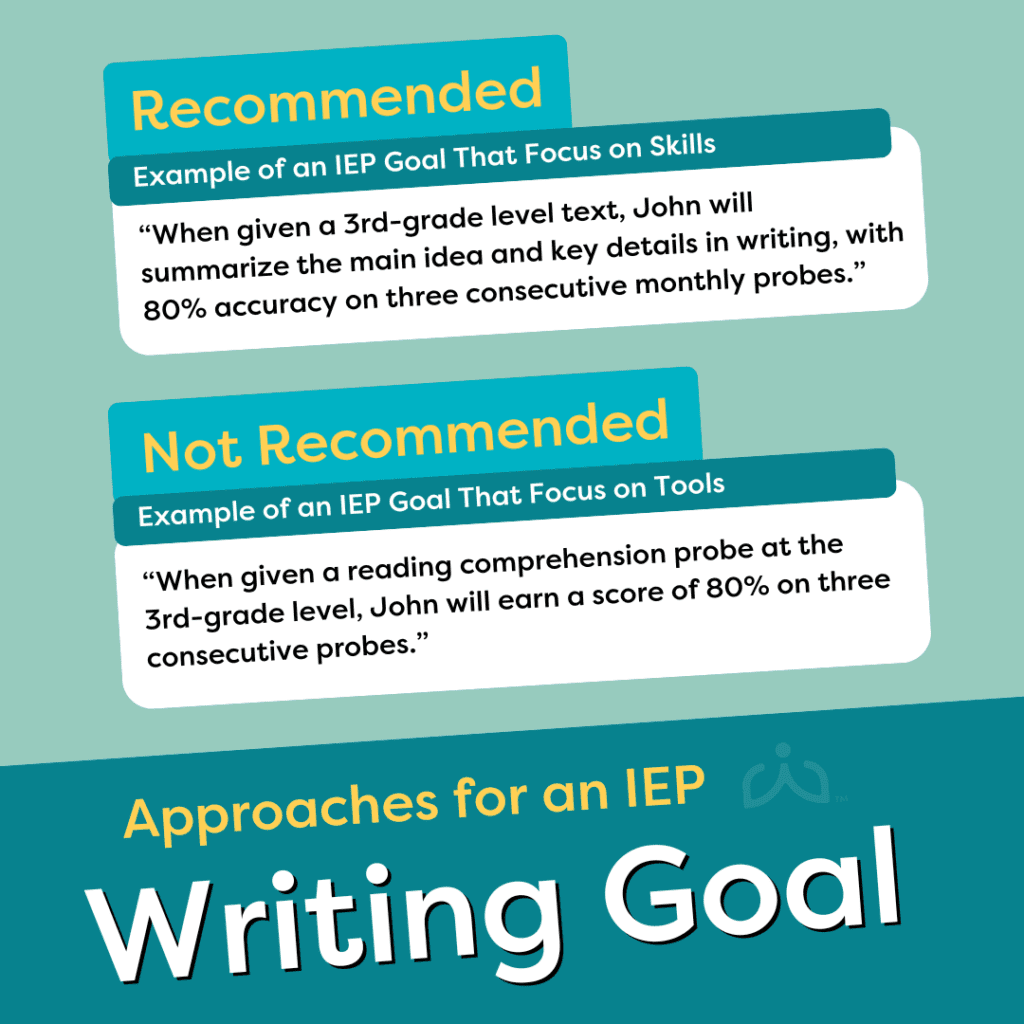Reading comprehension is a crucial skill that every student needs in order to succeed academically. For students with learning disabilities, it is important to set specific goals in their Individualized Education Plan (IEP) to help them improve their comprehension skills. These goals should be tailored to the student’s individual needs and abilities to ensure they are making progress.
IEP goals for reading comprehension should be measurable and achievable within a specific timeframe. These goals should focus on improving the student’s ability to understand and interpret written text, as well as their ability to make inferences, draw conclusions, and analyze information. By setting clear and specific goals, educators can track the student’s progress and provide targeted support to help them succeed.
Reading Comprehension IEP Goals
One common reading comprehension goal for students with learning disabilities is to improve their ability to identify the main idea and supporting details in a text. This might involve teaching the student how to identify key information, summarize text, and make connections between different parts of a passage. By focusing on these skills, students can improve their overall comprehension and retention of information.
Another important goal for students with learning disabilities is to improve their ability to make inferences and draw conclusions from text. This might involve teaching the student how to use context clues, identify cause and effect relationships, and make predictions based on the information presented. By developing these skills, students can become more independent readers and critical thinkers.
Additionally, IEP goals for reading comprehension may include improving the student’s ability to analyze and evaluate information. This might involve teaching the student how to compare and contrast different texts, identify bias and author’s purpose, and evaluate the credibility of sources. By developing these skills, students can become more discerning readers and better able to engage with complex texts.
In conclusion, setting clear and specific IEP goals for reading comprehension is essential for students with learning disabilities. By focusing on improving key skills such as identifying main ideas, making inferences, and analyzing information, educators can help these students succeed academically. With targeted support and regular progress monitoring, students can make significant improvements in their reading comprehension skills and achieve their academic goals.
